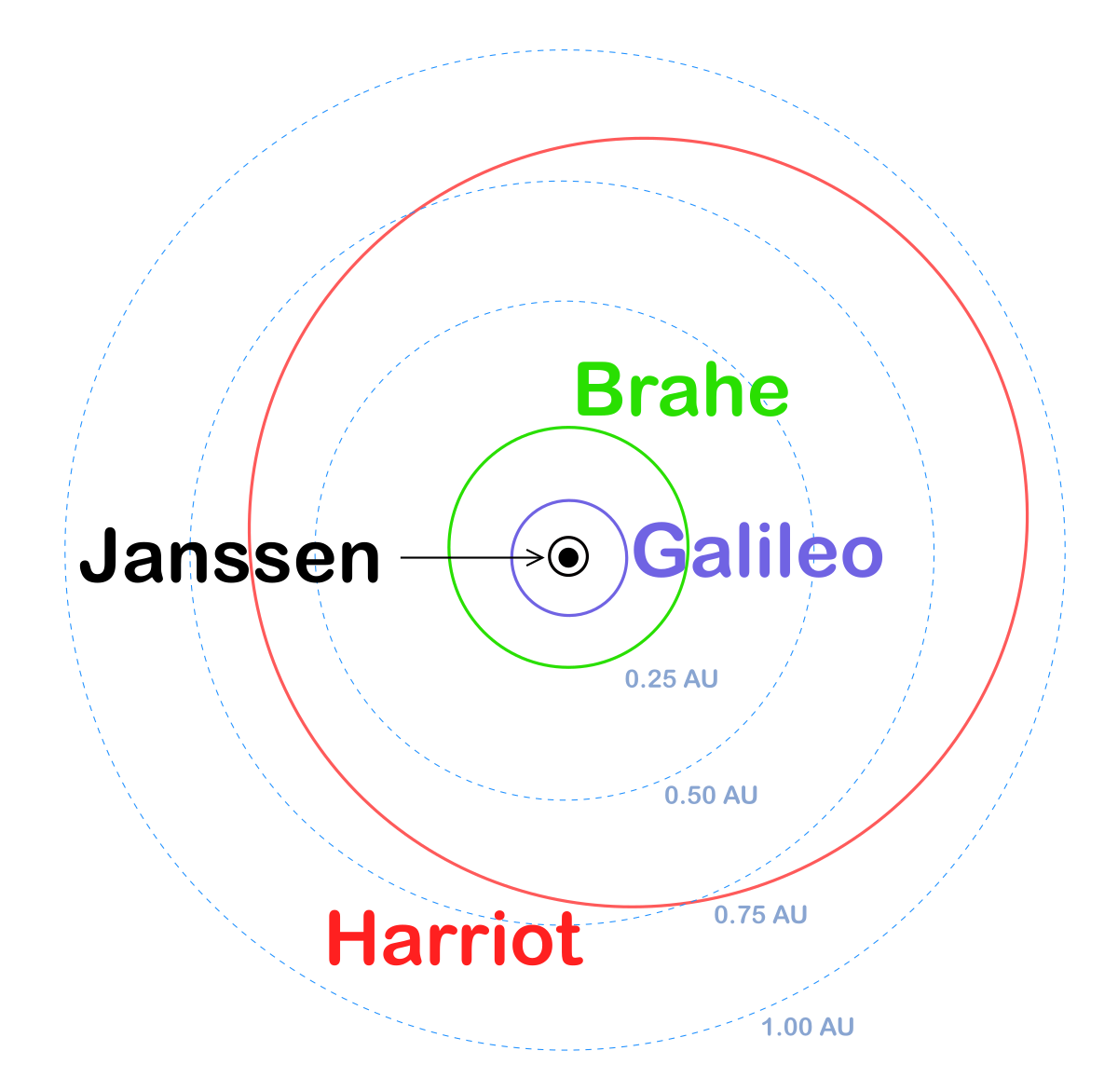the vulcans aren't the real problem as it can be explained
- their real name sounds similar and morphed into vulcans (their home planet V'Ulc would do the trick nicely)
See the suggestion I edited into my previous post while you were posting this. I'll repeat:
Alternatively, one possibility is that Human astronomers had already discovered an exoplanet around 40 Eridani and named it Vulcan for whatever reason, so when inhabitants of that planet showed up, they were called the Vulcans by default and it stuck. After all, given how rapidly exoplanet discoveries are happening now, it's very likely that if 40 Eri does have planets, we'll find them well before 2063.
Now you're just being ridiculous. The island Vulcano was named that because the Romans believed its volcano to be the chimney of the god Vulcan's workshop (or chose to characterize it that way as a metaphor). https://en.wikipedia.org/wiki/Vulcano
- they were here before they had that 'not before warp' rule and had a compound on a certain island off sicily.
... but the romulans (down to using roman ranks) are just nuts.
While Paul Schneider clearly intended them to be "Space Romans," we can assume that the rank titles we hear are English translations. TNG established a Romulan rank called uhlan, supporting the idea that they have indigenous names for their own ranks.


